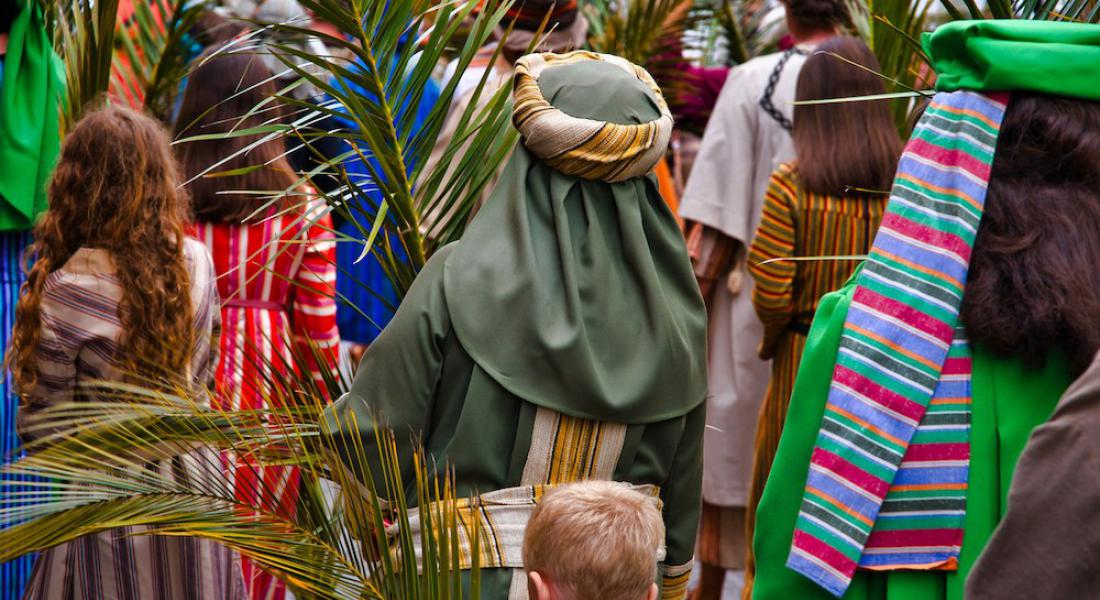As the Christian community prepares to observe Palm Sunday, a day that marks the beginning of Holy Week, it's essential to understand the significance behind the celebration and the traditions that have been upheld for centuries. Palm Sunday, celebrated on the Sunday before Easter, commemorates the triumphant entry of Jesus Christ into Jerusalem, as prophesied in the Bible. Here's a closer look at why and how we celebrate this sacred day.
Why Palm Sunday is Celebrated
Biblical Significance:
Palm Sunday holds deep biblical roots, primarily based on the accounts found in the Gospels of Matthew, Mark, Luke, and John. According to these scriptures, Jesus entered Jerusalem riding on a donkey while crowds laid palm branches on the road before Him. This symbolic act marked Jesus' arrival as the prophesied Messiah, fulfilling Old Testament prophecies.
Royal Entry into Jerusalem:
The use of a donkey for Jesus' entry was a deliberate choice, representing peace, humility, and the fulfillment of the prophecy in Zechariah 9:9: "Rejoice greatly, O daughter of Zion! Shout, Daughter of Jerusalem! See, your king comes to you, righteous and victorious, lowly and riding on a donkey, on a colt, the foal of a donkey."
Preparation for Holy Week:
Palm Sunday serves as a prelude to Holy Week, the most solemn and significant period in the Christian calendar. The events of this week lead up to Good Friday, commemorating the crucifixion of Jesus, and ultimately, Easter Sunday, celebrating His resurrection.
How Palm Sunday is Celebrated
Palm Branches and Processions:
A distinctive feature of Palm Sunday is the distribution of palm branches and palm crosses to the congregation during church services. Many churches organise processions where worshippers carry palm branches, reenacting the biblical scene of the crowds welcoming Jesus into Jerusalem.
Liturgical Readings:
Churches conduct special Palm Sunday liturgies, featuring readings that recount the events of Jesus' entry into Jerusalem. Gospel passages from Matthew 21:1-11, Mark 11:1-11, Luke 19:28-44, and John 12:12-19 are commonly read during these services.
Hymns and Music:
Palm Sunday is accompanied by hymns and music that capture the joyous spirit of the occasion. Congregations often sing hymns like "All Glory, Laud, and Honor" and "Hosanna, Loud Hosanna" during Palm Sunday services.
Reflection and Prayer:
The day also encourages reflection on the significance of Jesus' entry and the events that will unfold in the coming week. Many Christians use this time for prayer, meditation, and contemplation as they prepare for the solemn observance of Holy Week.
Palm Sunday remains a cherished tradition for Christians worldwide, symbolizing the beginning of a journey that leads to the heart of their faith. As congregations gather to celebrate, the timeless rituals and symbolism of this day continue to resonate, reinforcing the core beliefs and teachings that define Christianity.

